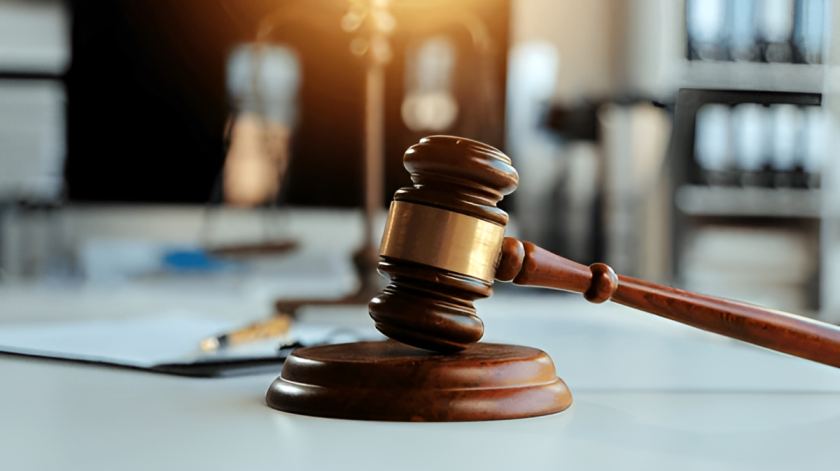Judges’ immunity challenged in hotel’s Sh142 million suit

Justice Bahati Mwamuye ruled that the petition presents weighty constitutional issues, including whether a judge can be held responsible for financial losses suffered by litigants as a result of a ruling later found to be wrong.
A case challenging the immunity of judges from being sued over decisions made in the course of their work has been referred to Chief Justice Martha Koome for the appointment of a multi-judge bench.
Justice Bahati Mwamuye ruled that the petition presents weighty constitutional issues, including whether a judge can be held responsible for financial losses suffered by litigants as a result of a ruling later found to be wrong.
“This court, pursuant to the provisions of Article 165(4) of the Constitution, certifies that the petition raises substantial questions of law under Articles 165(3)(b) and (d) of the Constitution,” Justice Mwamuye said on Monday.
“Consequently, this court file shall be forwarded to the Chief Justice for empanelment of a multi-judge bench of judges of the High Court, not being less than three, to hear and determine this matter.”
The petition was filed by Estate Sonrisa Ltd, a hotel in Diani, Kilifi County, seeking Sh142.4 million in damages from High Court judge Naikuni Lucas Leperes, businessman Samuel Kamau Macharia and the government.
The company argues it incurred the loss after Justice Naikuni in February 2022 allowed the execution of a demolition order on structures said to be encroaching on a neighbouring property.
Through its lawyer Nelson Havi, the hotel contends that Justice Naikuni permitted the execution at the request of Macharia, despite the order having been suspended by the Court of Appeal in April 2020.
The company wants the judge, Macharia and the government compelled to pay compensation.
Justice Mwamuye noted that the matter touches on critical issues of judicial immunity, independence, transparency and accountability, and their interaction with various provisions of the Constitution.
“The need for a multi-judge bench to hear and determine the petition is so manifest that it is inconceivable that any party would argue the contrary, or perhaps be able to convincingly argue that this is not a matter that requires certification,” he said.
“These questions of judicial immunity, decisional independence, transparency and accountability of judges of the superior courts and the interplay between constitutional provisions under Chapters Four (The Bill of Rights), Chapter Six (Leadership and Integrity), Chapter 10 (The Judiciary), Chapter 13 (The Public Service) and Chapter 15 (Commissions and Independent Offices) that this petition seeks answered are tremendously significant and have profound implications,” he added.
He further observed that the case introduces new and complex points of law that demand in-depth judicial attention and can only be resolved by a bench of several judges.
